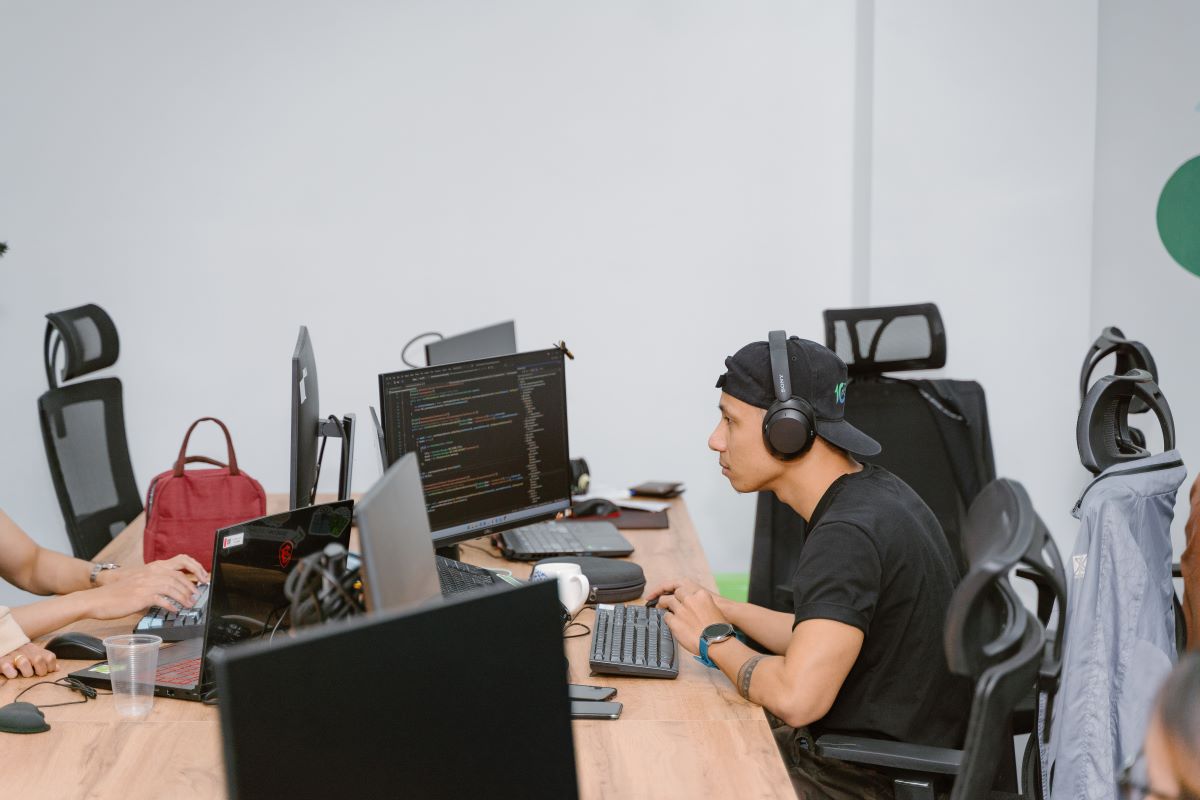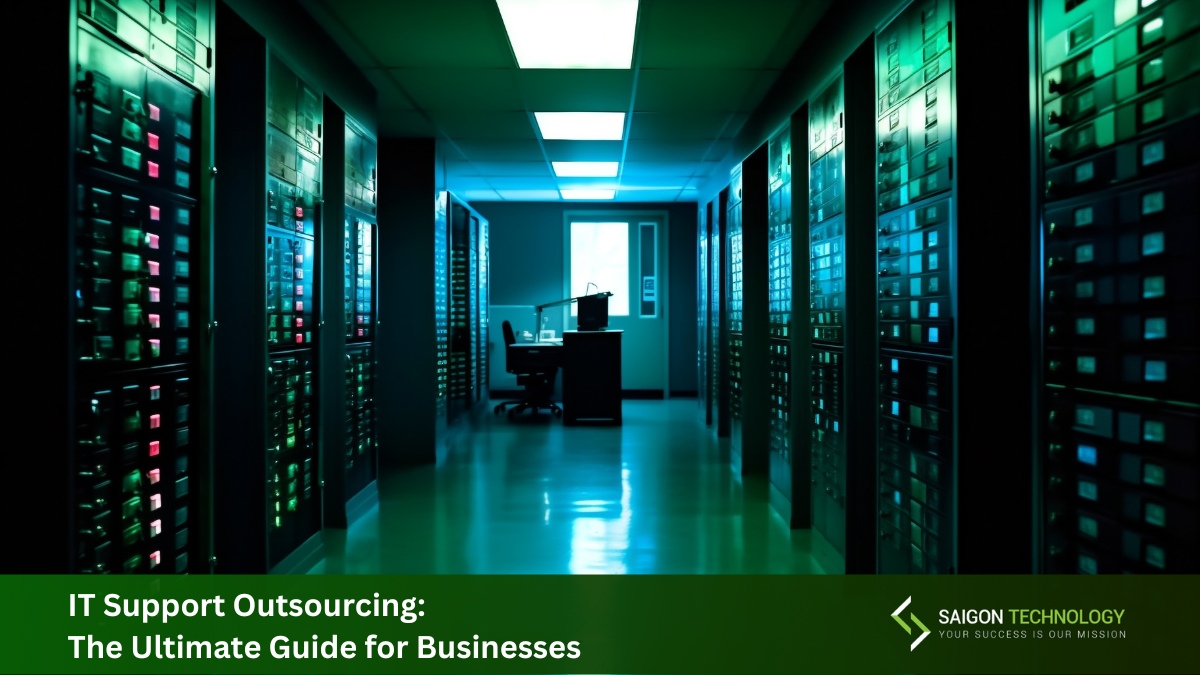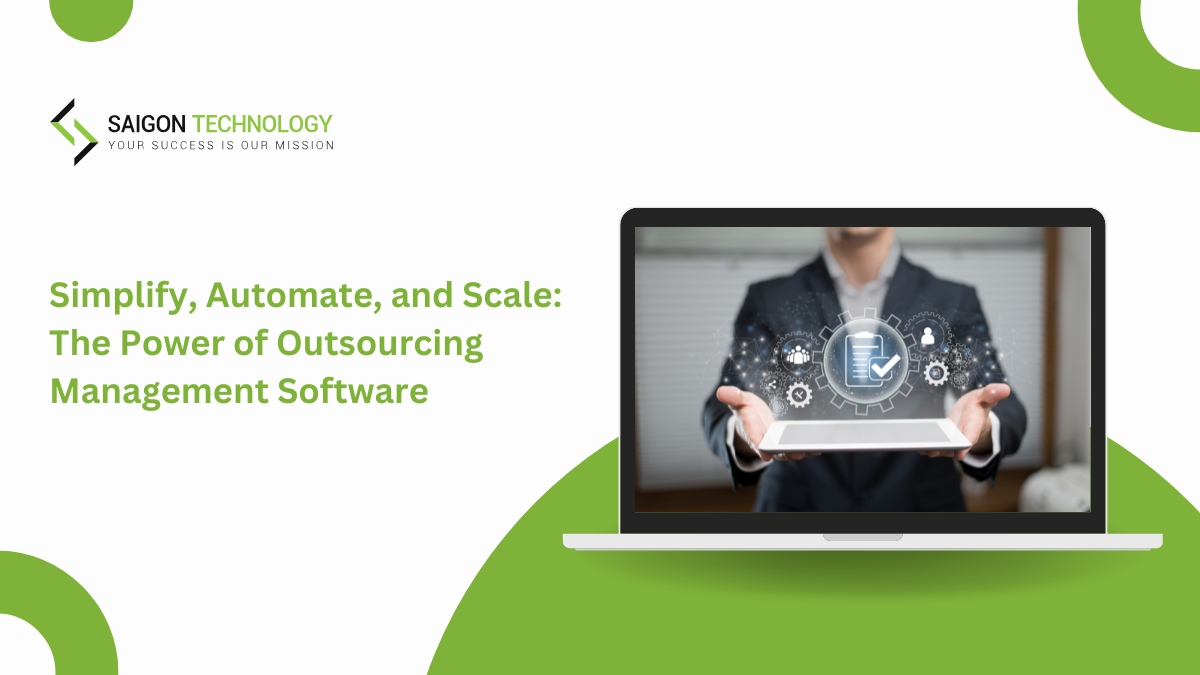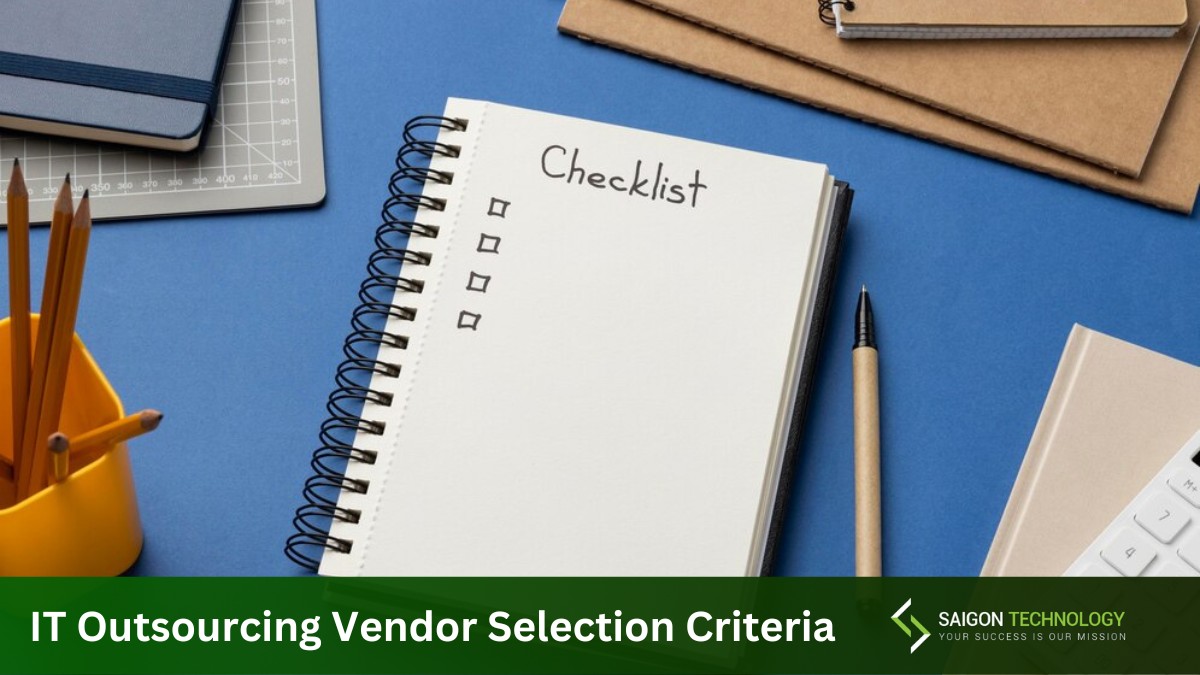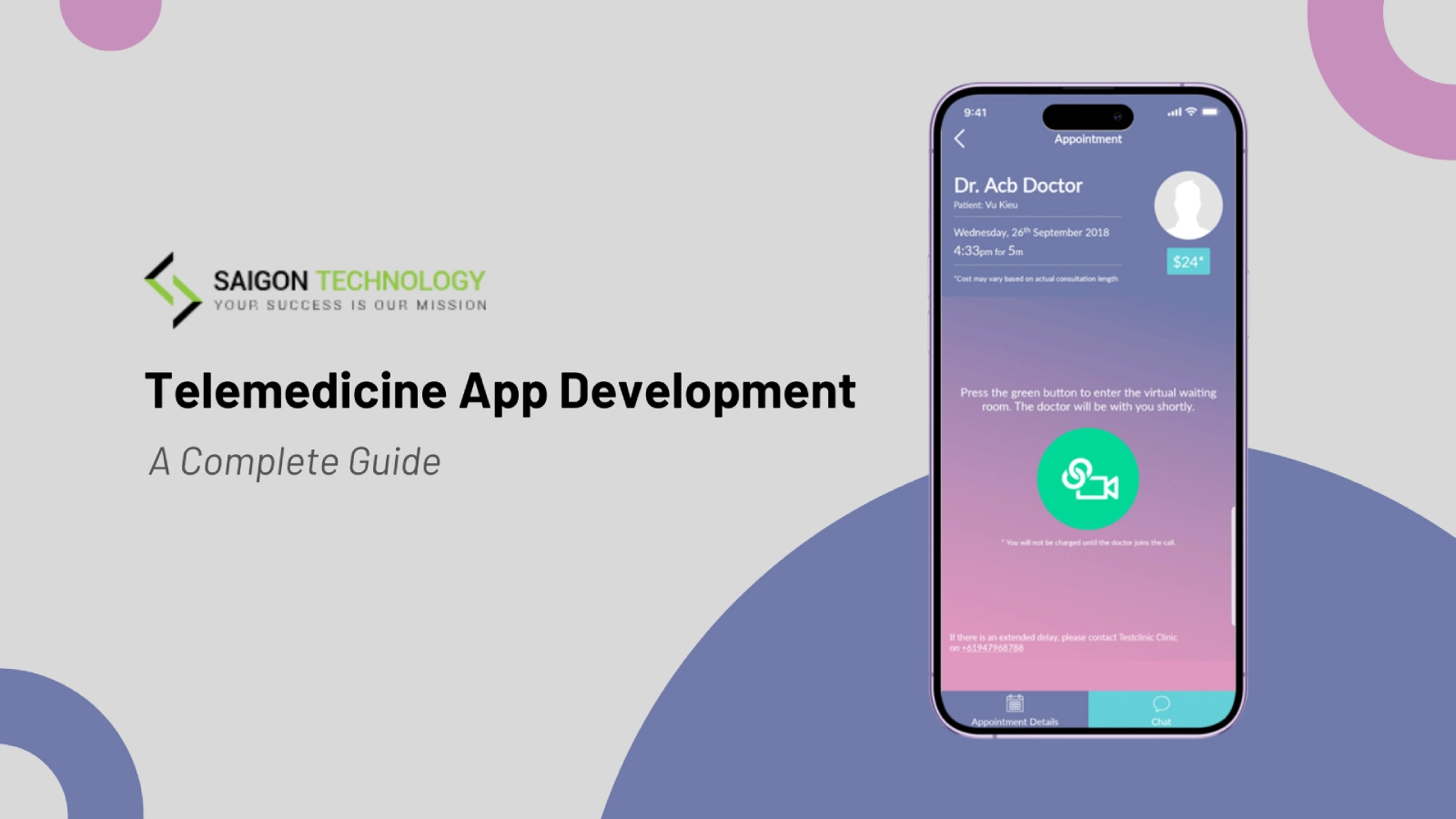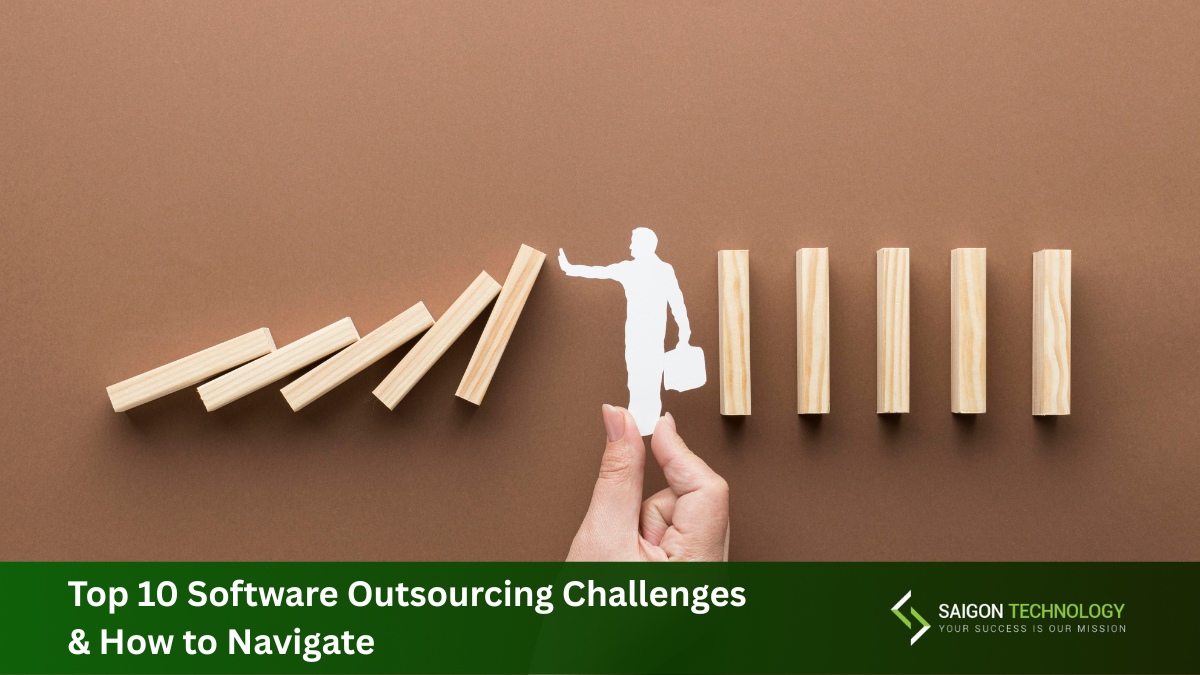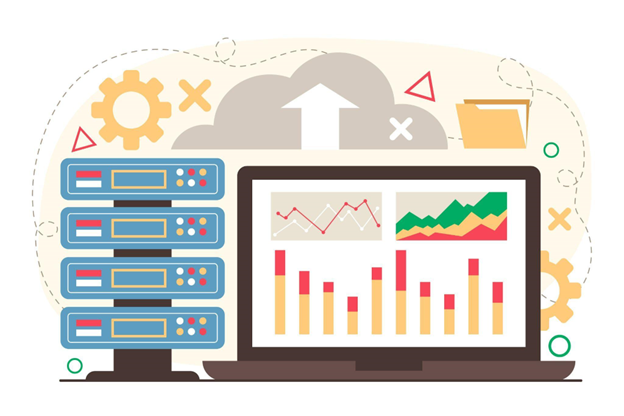When engaging in software development outsourcing, who owns the intellectual property (IP) of the resulting code? This is a question that often comes up during contract negotiations, and it’s not always an easy one to answer.
Outsourcing can be a great way to get your project done quickly and cheaply, but it’s important to make sure that you’re protecting your IP in case there are any disputes down the road. In this article, we’ll take a closer look at who owns IP when outsourcing software development and how you can protect yourself from potential problems.
What is IP (Intellectual Property)?
Intellectual property (IP) refers to the creations of the mind, such as inventions, designs, and artistic works. IP is protected by law in order to give creators the exclusive right to use, sell, or license their work. Intellectual property can be classified into four main types: copyrights, patents, trade secrets, copyrights, trademarks, and trade secrets.
When it comes to software development, copyrights are the most relevant form of IP. Copyrights protect the expression of an idea in a tangible form, such as code. The owner of a copyright has the exclusive right to reproduce, distribute, perform, or display their work. They can also license or sell these rights to others.
7 Ways to Secure Your IP
Now that we have a better understanding of what intellectual property is, let’s take a look at how you can protect your IP when outsourcing software development. Below are five tips to help you safeguard your work:
- Choose the right partner: When looking for a partner, be sure to research and choose a reputable company that you can trust. Make sure they understand intellectual property law well and are willing to sign a non-disclosure agreement (NDA) to protect your work.
- Have a clear contract: Before starting any work, be sure to have a clear and legally binding contract in place that outlines who owns the IP rights to the work. This prevents disputes or any confusion down the road.
- Protect your trade secrets: If you have any trade secrets, be sure to take measures to protect them from being disclosed to your partner. This can include encrypting your code and using other security measures.
- Use a copyright notice: Adding a copyright notice to your code is a simple way to let others know that you are the owner of the work. This can help deter would-be infringers and make it easier to take legal action if necessary.
- Register your copyrights: Registering your copyrights with the US Copyright Office is another way to protect your work. This will give you the exclusive right to sue for damages if your work is infringed.
- Thoroughly Document Everything: The other important step in protecting your IP is to document everything. This includes all aspects of the project, from the initial contract to daily communications with your partner. By documenting everything, you will have a clear record of what was agreed upon and what has been delivered. This will be crucial in the event of any disputes.
- Limit Server & Data Access: Another way to protect your IP is to limit server and data access. Only give your partner the information and resources they need to complete the project. This will prevent them from accessing sensitive data or making changes to your code without your permission.
By following these tips, you can help protect your intellectual property. Remember, it is always best to err on the side of caution to avoid any legal issues down the road.
What is Considered IP in Outsourcing?
Intellectual property typically refers to the software’s source code, user interface, and design. This can include both the functional aspects of the software as well as the visual elements. Other forms of IP that may be relevant to software development include patents, trademarks, and trade secrets.
When it comes to ownership of IP, it is important to have a clear understanding of the laws in your jurisdiction as well as the contractual agreement with your partner. In many cases, the ownership of IP will be determined by these two factors. However, there are some general principles that can help guide you in determining who owns the IP in software development.
As a general rule, the party who creates the work will be the owner of the copyright. This means that if your partner is responsible for creating the source code, user interface, or design of the software, they will typically own the copyright to these elements. There are some exceptions to this rule, such as works created by employees during the course of their employment, but in general, the creator of the work will be the copyright owner.
Another key factor in determining who owns the IP is whether the work was created for hire. If the work was created for hire, then the party who commissioned the work will be considered the author and will own the copyright. This is important to keep in mind if you are commissioning someone to create software for you, as you will want to ensure that the contract clearly states that the work is being created for hire.
Finally, it is important to remember that other legal mechanisms besides copyright can protect that intellectual property. For example, patents can protect the functional aspects of software, while trademarks can protect the branding and visual elements. Trade secrets can also protect certain aspects of software, such as source code or user interface designs. When it comes to ownership of IP, all of these legal protections should be considered.
Conclusion
Outsourcing software development can be a great way to save time and money while still getting high-quality work. However, it is important to be aware of the potential risks involved, such as the disclosure of trade secrets or the infringement of copyrights. By taking the above steps to protect your intellectual property, you can help reduce these risks and ensure that your software development project is a success.
- As a leading Vietnam software development outsourcing company, at Saigon Technology, we dedicate ourselves to your success by following our philosophy: Your success is our mission.

